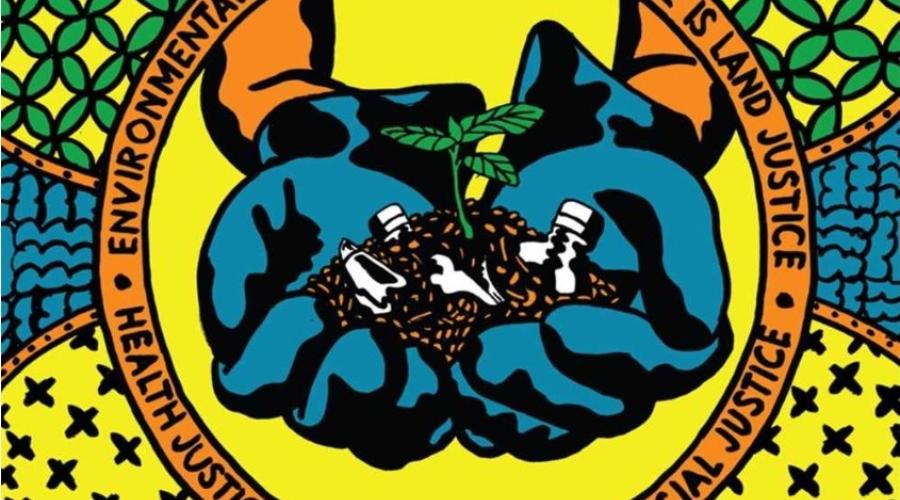
Redefining Environmentalism
According to Robert D. Bullard, “Environmental racism refers to any policy, practice, or directive that differentially affects or disadvantages (whether intended or unintended) individuals, groups, or communities based on race or color. It also includes exclusionary and restrictive practices that limit participation by people of color in decision-making boards, commissions, and regulatory bodies. Environmental racism exists within local zoning boards as well as the U.S. Environmental Protection Agency”. 1
I looked up the definition of environmental racism to make sure I understood the term correctly. I am interested in environmentalism, but at first glance I couldn’t define it or principles such as “environmental racism”. That being said, now that I think about it, environmental racism is common sense. There’s this saying “we been knew” and I think that applies here. From what I’ve witnessed, learned and heard before I got to Buffalo, and as a High Road Fellow, I think environmental racism is a “facet” of racism, as environmental racism is racism in itself. Racism affects every part of life, so it’s only expected that low-income and minority communities are also disproportionately affected by issues such as concentrated pollution, lack of access to healthy food and healthcare, close proximity to toxic waste, etc… This might be obvious to me. However I have noticed that a lot of people are reluctant to believe, or don’t understand how, for example, pollution affects people of color more than others. They just don’t see how that makes sense. I think the fact that we have correlated environmentalism with nature and forests rather than urban areas leads to this skepticism, confusion, and lack of focus. In my opinion we can't talk about environmentalism without addressing racism and other things like ableism. This is where I believe environmental racism comes in, to place an emphasis on the fact that race matters in this conversation/movement of environmentalism. In the same article, Bullard states, “The Commission for Racial Justice's landmark study, Toxic Wastes and Race, found race to be the single most important siting factor - more important than income, home ownership rate, and property values - in the location of abandoned toxic waste sites” 1. While reading this article, I was unfortunately not surprised.
This concept of environmental racism helps us to redefine environmentalism by 1) shifting focus to urgent issues affecting marginalized communities, 2) drawing connections between racist policies/ institutions and environmental injustices, and 3) creating realistic, inclusive and comprehensive solutions. If we take environmental racism into account, we may talk about pressuring local governments to enforce lead testing in poor communities rather than going vegan or banning plastic straws (which is great, just not everyone can do it). At the same time, we need to talk about racism as a whole. I think it’s important to discuss why, for example, marginalized communities are near toxic waste in the first place. I’m still learning about environmentalism and environmental racism, so I look forward to hearing your perspectives.
Bullard, Robert D. “The Threat of Environmental Racism.” 1993. Natural Resources & Environment 7(3).
